In It Together
By Ona Gritz
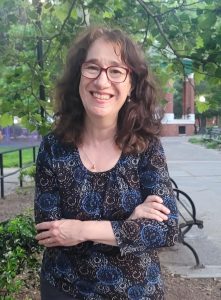 There is a moment I describe in my memoir when my deceased sister whispered a crucial detail into my ear. She had been gone for thirty years by then, brutally murdered along with her husband and infant son, and I had finally garnered the courage and compulsion to learn all I could about her life. A task made possible and, I feared, impossible because all the key players, including our parents, had also died.
There is a moment I describe in my memoir when my deceased sister whispered a crucial detail into my ear. She had been gone for thirty years by then, brutally murdered along with her husband and infant son, and I had finally garnered the courage and compulsion to learn all I could about her life. A task made possible and, I feared, impossible because all the key players, including our parents, had also died.
I was on the phone, having thought to call the grade school we’d both attended to see if I could locate Angie’s school records. She’d had a difficult childhood. Our parents, who’d coddled and adored me, had always been harsh with my sister, my mother sometimes crossing the line to abusive. When Angie was twelve, she ran away from home, and, from then on, I only saw her sporadically. She’d return for a few months and then take off again or get sent away. I remember visiting her in a foster home and at what I’d been told was a boarding school but had recently learned was a notorious lockup. Now I was on a quest to find out where else she’d been, what she’d been through in her short life, why our parents were always so much harder on her than on me.
“We wouldn’t have kept her records,” the secretary at P.S. 104 informed me. “We’d have sent them on to her next school. Do you know where she went for junior high?”
I didn’t. That was the problem. I was only five when Angie started junior high and all I could remember was that she had to take a bus to get there. Six years later, when it was my turn to move on from P.S.104, there was a new intermediate school in town.
The secretary put me on hold, and in the brief silence that followed, a number popped into my head. 180. I had no idea why.
“Anything else I can help you with?” she asked when she returned.
“I don’t think so,” I told her. “Except…there wasn’t a school called 180, was there?”
As it turned out, Junior High 180 had my sister’s records. In them, I found an avalanche of information and the truths behind several family secrets I never expected to uncover. My pragmatic husband believes that when that number came to me, I’d simply accessed a buried memory. Maybe he’s right, but I don’t think I ever knew the name of that school. What felt true to me in that moment, and feels true to me now, is that Angie wanted me to know the details of her life, so she led me to where they could be found.
Writing, in my experience, is a place where magic sometimes happens. A middle grade novel I’d worked on for years had a title I’d always been satisfied with, yet days before I signed the contract with my publisher, a much better title came unbidden to my mind. Poems have stopped me—on dog walks, in a stairwell, on the subway—and told themselves to me whole. It’s not always like that, of course. I’ve spent countless hours staring at a blank screen, barely able to eek out a sentence. But I’ve come to believe that’s part of the bargain. If I sit at my desk one dry, uninspired afternoon after another, the muse, with her cache of titles, poems, and remedies for the many messes we write ourselves into, will occasionally present me with a gift.
But this—my sister handing me the one small key that unlocked her story—was something else entirely. From that moment on, I understood that witnessing Angie’s life and writing about it was sacred, healing work, and believed that she and I were in it together.
You’re so brave, people have told me when they hear about the story I’ve spent the last decade unearthing. That had to be devastating, they say. They’re not wrong. It tore me up to learn the extent of my sister’s suffering. To discover callous decisions my beloved parents made that harmed her further. To look at my own role in her impossible life. Then there were the horrific details of the crime itself.
The graphic news coverage, forensic testimony, and autopsy reports I made myself read. All of this was excruciating. But what’s also true is that I got to wake up and spend each day with my sister. I’d hear her voice, recall her sly humor, experience the playful ways she expressed affection. Even my most harrowing discoveries came with the sense that I was back in her confidence. And when it was over, when, after years of this divine collaboration, I sent the final draft to my editor, I felt bereft.
Everywhere I Look has been out in the world a few months now, and whenever I hear from someone that they were moved by it, I get this powerful sense that Angie felt that person taking in her life and thinking about her. Recently, a reader posted online that, while she was describing the book to a friend, the Rolling Stones’ song “Angie” came on the radio. Another reader addressed Angie directly in an Amazon review, saying, “Rest in peace. Your sister’s got your back.” I wish that had been true in her lifetime, but it feels true now. I’m going with that.
—
Ona Gritz’s new memoir, Everywhere I Look, won the Readers’ Choice Gold Award and is an Independent Book Review 2024 Must-Read. Her poems and essays have appeared in The New York Times, The Guardian, Ploughshares, Brevity, and elsewhere. She’s the author of two 2024 YA verse novels, The Space You Left Behind, featured in The Children’s Book Council’s Hot Off the Press roundup of anticipated best sellers, and Take a Sad Song, forthcoming in October.
EVERYWHERE I LOOK
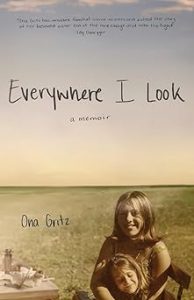 In 1982, twenty-five-year-old Angie Boggs, pregnant with her second child, was brutally murdered, along with her husband and infant son. Ill equipped for the horror of that violence and the enormity of her loss, Angie’s sister Ona, a college sophomore, felt numb. She also felt deeply ashamed of her inability to grieve.
In 1982, twenty-five-year-old Angie Boggs, pregnant with her second child, was brutally murdered, along with her husband and infant son. Ill equipped for the horror of that violence and the enormity of her loss, Angie’s sister Ona, a college sophomore, felt numb. She also felt deeply ashamed of her inability to grieve.
But shame, like her sister’s absence, was something Ona knew well. For as long as she could remember, she’d felt ashamed of being their parents’ blatantly favored child. The disabled daughter they’d coddled and protected while they alternately punished and neglected Angie, and finally sent her away.
It wasn’t until thirty years after the murders, both their parents gone and Ona nearly twice the age Angie was allowed to reach, that she developed the courage and a detective’s compulsion to learn all she could about her sister’s turbulent life and unthinkable death. The result is Everywhere I Look, a beautifully rendered memoir of sisterhood, longing, true crime, and family secrets. A profoundly moving reckoning and love letter.
BUY HERE
Category: On Writing




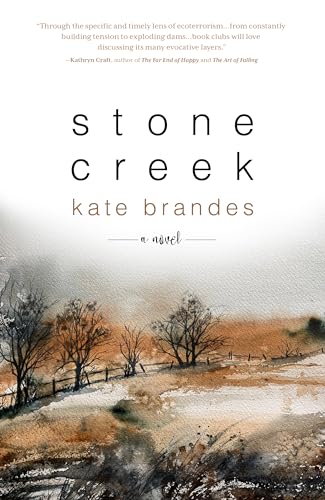
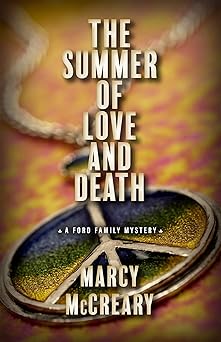
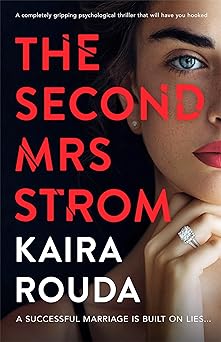
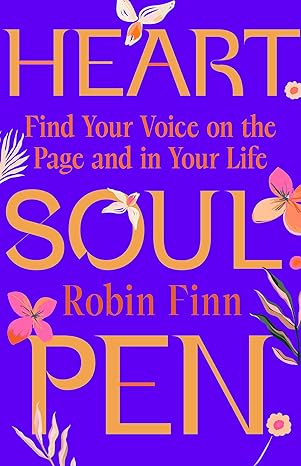
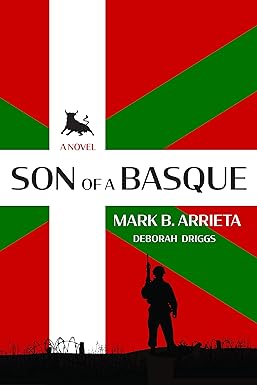
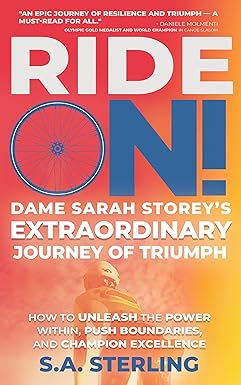
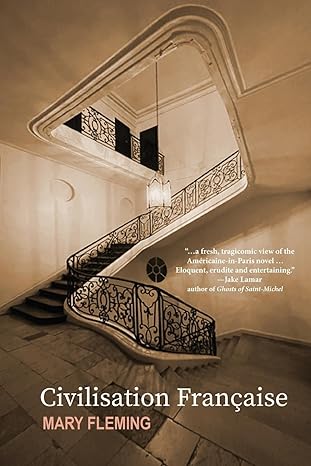

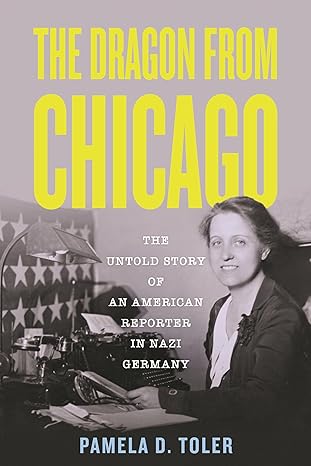
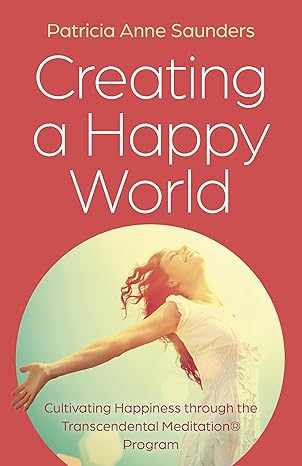
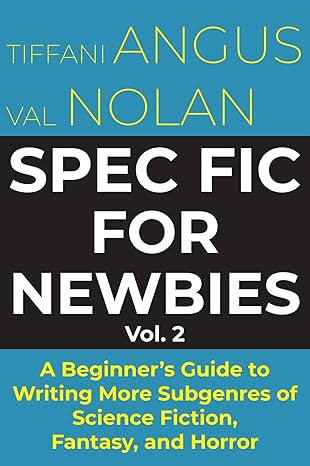
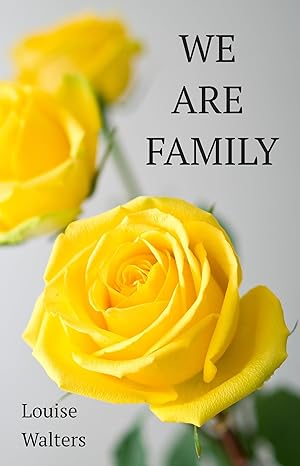
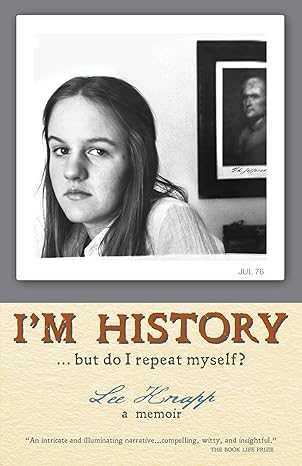
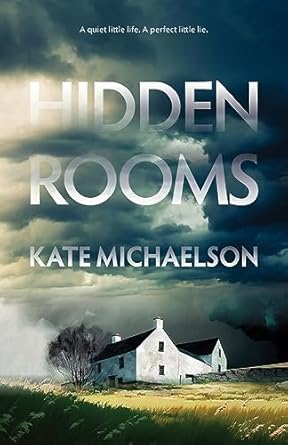
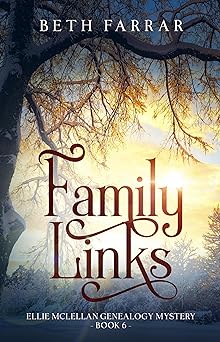
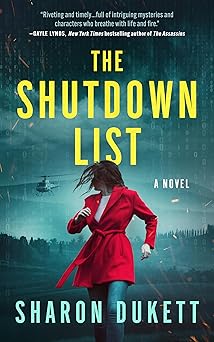
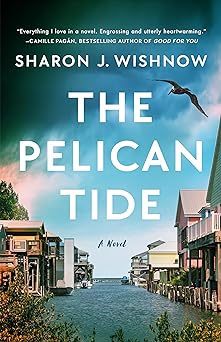

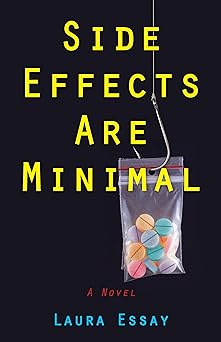
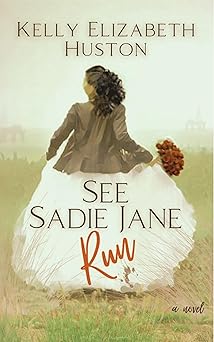
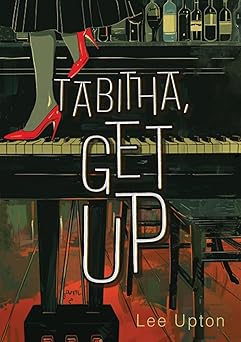
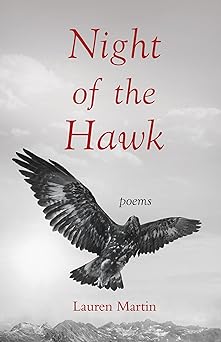
What courage it took to tell this story. I hope it’s given you peace.